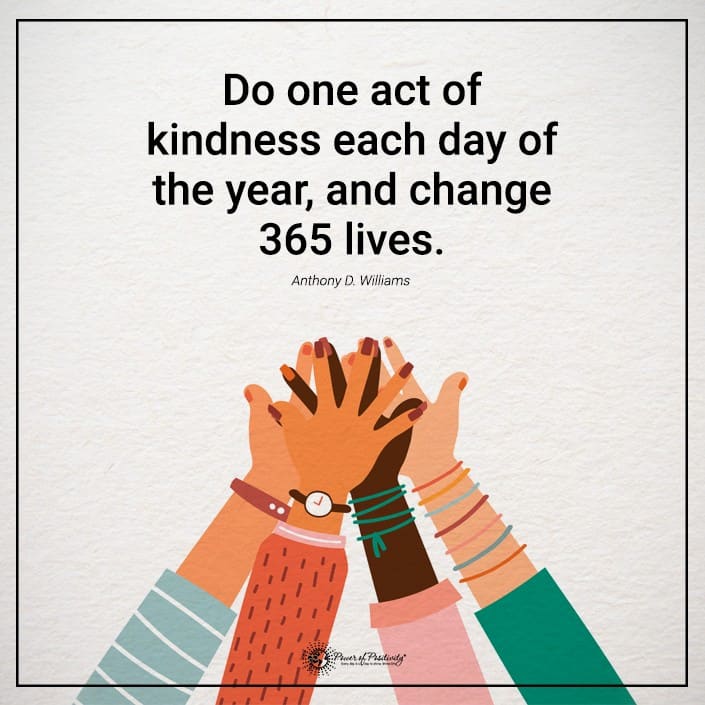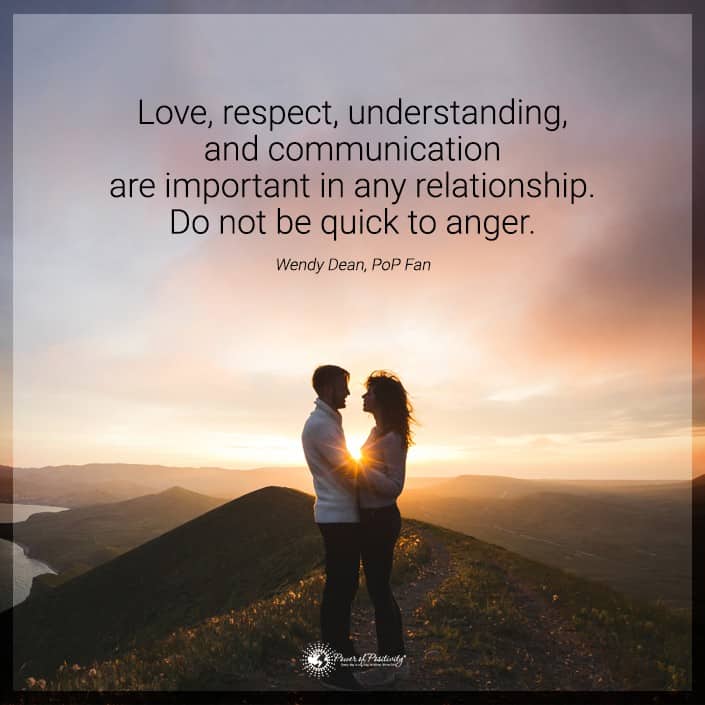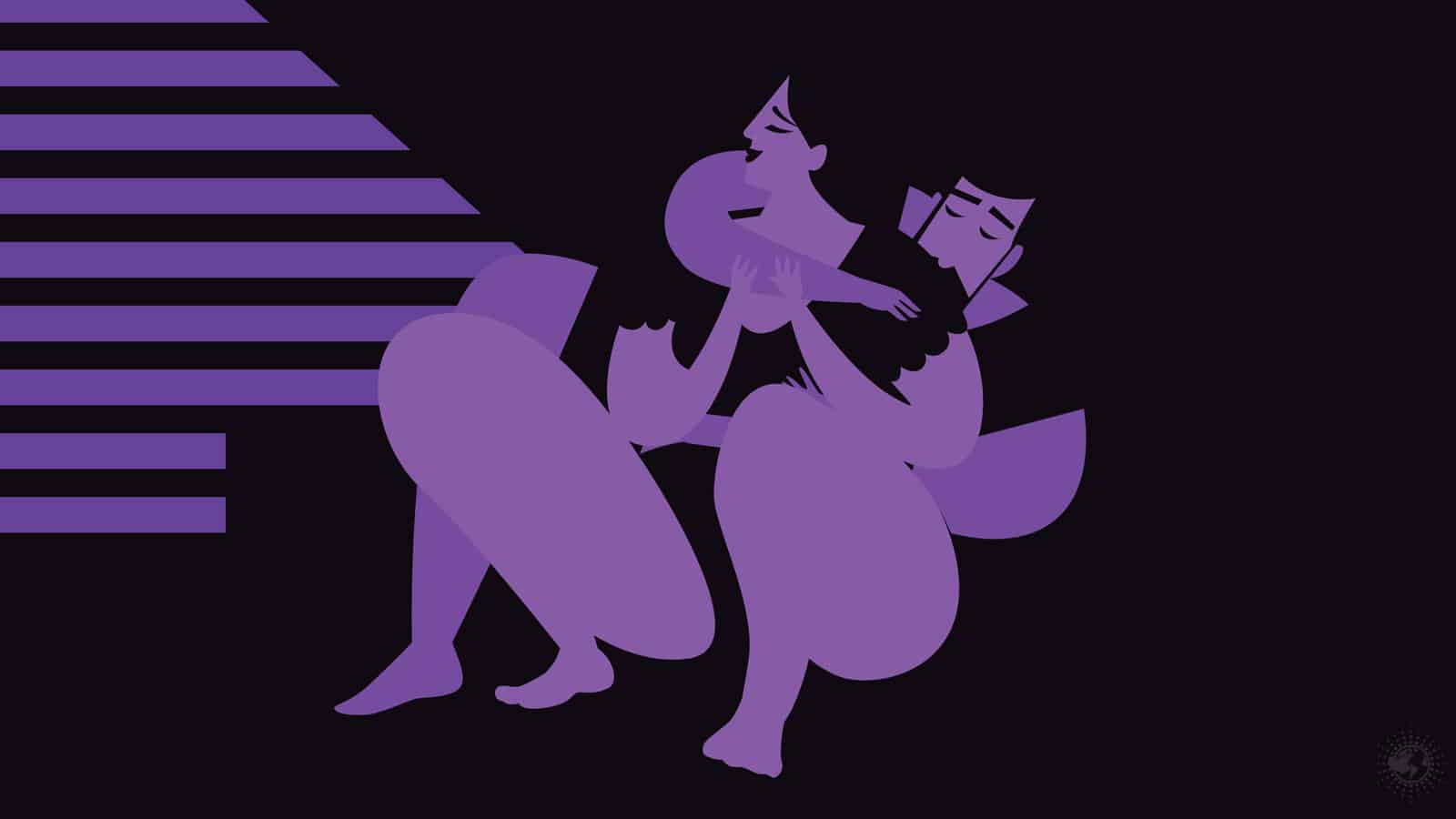Cuddling is a great form of endearment. It involves the act of hugging another person closely, usually for a prolonged amount of time, as a manner of showing affection or only getting comfortable with a trusted person. It’s a relaxing and enjoyable activity for most, even if you have to detangle yourself due to heat or discomfort eventually.
But is cuddling really just nothing more than an expression of love? It’s likely more important than that. You see, whenever you do something, you’re affecting your mind and body in some way, shape, or form. Some are positive, some are negative, some are neutral, and some are so minute that their results don’t matter in the grand scheme of things.
So, where does cuddling come into play? It’s believed that cuddling can be useful for you! Skin-to-skin contact and general human touch have long been touted as “remedies” for specific problems. If you’ve ever heard someone say that they need a hug, or if you’ve ever felt like that yourself, then you know that cuddling can make you feel better.
But is the effect that significant? Is this a reason to up your cuddle quota? Does cuddling boost your mental health? Here’s how counselors explain this phenomenon.
1. Touch Is A Form Of Communication
 Human beings desire communication from the people around them. Even introverts like being connected to others to some degree. And as it turns out, physical touch is an almost universally recognized form of communication. According to clinical psychologist Sabrina Romanoff, Ph.D., it’s essential to the way we interact.
Human beings desire communication from the people around them. Even introverts like being connected to others to some degree. And as it turns out, physical touch is an almost universally recognized form of communication. According to clinical psychologist Sabrina Romanoff, Ph.D., it’s essential to the way we interact.
Why is it so powerful as a communicative tool? Well, the fact that it’s nonverbal means it communicates things that are hard to say, like safety, trust, and even love. For many people, this helps boost their mood, making them feel closer to others while also promoting safety feelings.
2. Cuddling Promotes Positive Bonding
Alright, so cuddling makes you feel more connected, which is very good for you. But did you know that it can also take it a step further than that? Basically, cuddling can promote bonding, especially pair bonding in relationships, thus facilitating more robust interpersonal experiences that contribute to mental health. According to the author and clinical psychologist Carla Marie Manly, Ph.D., these are some ways cuddling does this.
· Early Relationship Bonding
Not all people enjoy physical relationships, and that’s okay! But science indicates that if you’re seeking to promote a new connection for long-term success, you may want to get cuddly. This is because of the release of the cuddle hormone oxytocin, which helps promote positive bonding, especially in early relationship stages.
· Distress Indication
As it turns out, feel-good hormones like oxytocin are released during stressful situations. This proves that the body sees fit to use positive neurotransmitters like this to help soothe duress and rough times, and it’s likely that, in turn, cuddling can help even more. Since cuddling produces those hormones, you’ll benefit from the support of a significant other during hard times if you get close! You’ll feel better and bond with them at the same time.
· Feeling Wanted
Your mental health gets a quick boost whenever you feel genuinely desired, wanted, and loved, especially in close relationships. Cuddling reinforces bonding between partners by making both parties feel desired by the other. It’s a wonderful feeling and experience!
· Pair Bonding After Intimacy
Bedroom intimacy in itself can facilitate bonding between interested parties. But once it’s over, the levels of oxytocin in all parties involved tend to drop. To maintain the strength of bonding through that hormone, intimate partners can cuddle after their nighttime activities, retaining the intimacy and giving them positive thinking boosts.
3. Cuddling Makes You Resistant To Anxiety And Depression
Cuddling activates a part of the body known as the parasympathetic nervous system. Clinical psychologist and psychology professor James Cordova, Ph.D., states that this activation leads to relaxed, settled feelings of ease and relaxation.
In turn, this can help the body better cope with emotions about sadness and anxiety. In people without mental disorders, this is already helpful. But in those with anxiety and depression, it’s even more beneficial!
The positive thinking you can gain from the serenity brought about by cuddling enables you to fight the worst symptoms of depression and anxiety. You’ll become resistant to the increased severity of these disorders or from developing them at all if you don’t have them.
4. Cuddling Helps You Sleep
When you cuddle, you’re able to feel a little more relaxed naturally. This can enable you to fall asleep more quickly, says researcher, immunologist, and professor Lina Velikova, MD. She adds that this allows the body to receive improved restorative sleep or deep sleep.
Deep sleep, also known as rapid-eye-movement (REM) rest, is crucial to mental health. A lack of it can lead to:
- Exhaustion
- Irritability
- Anxiety
- Stress
- Depression
- Emotional dysregulation
- Hormonal fluctuations
In other words, without REM sleep, your psychological state goes downhill.
Luckily, cuddling will likely be able to help you sleep better! This is even psychologically backed by research. A study that looked at this, titled “Bed-Sharing in Couples Is Associated With Increased and Stabilized REM Sleep and Sleep-Stage Synchronization,” found that healthy young couples would be able to experience better REM sleep when cuddling, even if they moved more in potentially disruptive ways during sleep.
Interestingly, this research found that your body can be less relaxed when you sleep with someone or cuddle with someone, but your brain remains just as calm, if not more so. So even if you or your partner tend to be fussy sleepers, trying to cuddle as you drift off for the night may ensure that you get the deep sleep you need for mental health!
 5. Cuddling Releases Oxytocin
5. Cuddling Releases Oxytocin
We’ve mentioned in passing why oxytocin from cuddling helps with certain aspects of mental health. But even more importantly, we should look at how oxytocin on its own is capable of improving one’s psychological state.
Licensed professional counselor Sarah Watson talks about how most of the cuddling’s benefits are related to the increased oxytocin because it’s a feel-good neurotransmitter. It’s basically a free and easy way to release positive chemicals that balance your mood and make you happier.
This is also why oxytocin is known as the “cuddle hormone.” It rises whenever you sit near to, hug, or touch others, especially when it’s people you love or care about. Oxytocin helps:
- Reduce stress levels
- Produce happy emotions
- Improve positive thinking
- Reduce blood pressure
- Balance norepinephrine, the stress hormone
6. Being Touch-Starved Is Harmful
It’s completely okay not to enjoy physical contact most of the time. But ultimately and utterly, abstaining from it is impossibly bad for your health! Cordova discusses the concept of touch-starvation, which means you lack any physical affection, whether given or received, at all.
Most neurotypical human beings have the natural desire to seek touch, and there’s a reason for that. Touch, specifically skin-to-skin contact, is necessary for:
- Stress management
- Relaxation of heart rate
- Relaxation of blood pressure
- Regulation of hormones
- Calming the nervous system
- Managing negative emotion
- Reducing feelings of social exclusion and loneliness
- Emotional health
- Physical health
On the flip side, touch-starvation leads to:
- Anxiety
- Insomnia
- Depression
- Stress
- Low satisfaction with relationships
- Attachment avoidance
7. Cuddling Helps The Management Of Social Anxiety
If you often feel anxious around others, a cuddle from someone you trust can help you ease those fears. It sounds counterintuitive at first since you’ll be adding physical contact to the mixed bag of social anxiety, but it’s actually fairly well-known for being helpful. It creates a peaceful environment and can help you feel safe and cared for.
Paradigm Malibu Treatment Center executive director and founder Jeff Nalin, Psy.D., also a licensed clinical psychologist, states that cuddling is beneficial to all sorts of people with social fears, not just those with social anxiety. People with PTSD and autism can also benefit.
8. Cuddling Makes Your Body Healthier
Ever heard that a healthy body makes a healthier mind? Well, it’s true! Cuddling provides all sorts of physical health benefits that can make your brain sharper and happier. According to Romanoff, these are some of the health benefits of cuddling:
· A Healthier Heart
With heart conditions being so prevalent worldwide, it’s amazing to think that the simple act of cuddling can regulate and aid positive cardiovascular function. This is because cuddling lowers blood pressure and heart rate. Though the connection to mental health isn’t direct, few can deny that knowing your heart is in bad shape preys on your mind, so it’s good to stay heart healthy for the sake of your mental health, too.
· Improved Digestion
The oxytocin released during cuddle-sessions is famous for triggering a reflex known as the “rest and digest” reflex. This is a great way to tell your body to calm down and bring its energy towards improving certain functions, including digestion. It reduces stress across the board and focuses on boosting how your body works naturally, all of which is beneficial to mental health.
· Stronger Immunity
When you cuddle people, you’re less likely to develop an illness when exposed to viruses, according to research. It’s a little odd to think that being closer to other people may reduce your chance of being sick, even if you’re exposing yourself to a virus in the process, but it’s true! The more social support you have, primarily when expressed physically, the stronger your immune system fights against pathogens. If you’ve ever felt awful when you’ve been sick, then you know how a better immunity can aid your psychological state! Just don’t be irresponsible with this information; a balance between being safe from viruses and getting your cuddle fix should be present.
 Final Thoughts On How Cuddling Boosts Your Mental Health
Final Thoughts On How Cuddling Boosts Your Mental Health
Cuddling is a great way to express love, find comfort, seek relaxation, and boost your mental health in many ways. The cuddle hormone, oxytocin, certainly is powerful! Not everyone likes cuddling, and it’s okay if you’re one of those people! Substituting it for milder and less intimate forms of physical touch will provide you with similar effects. A little bit of communication goes a long way!


















